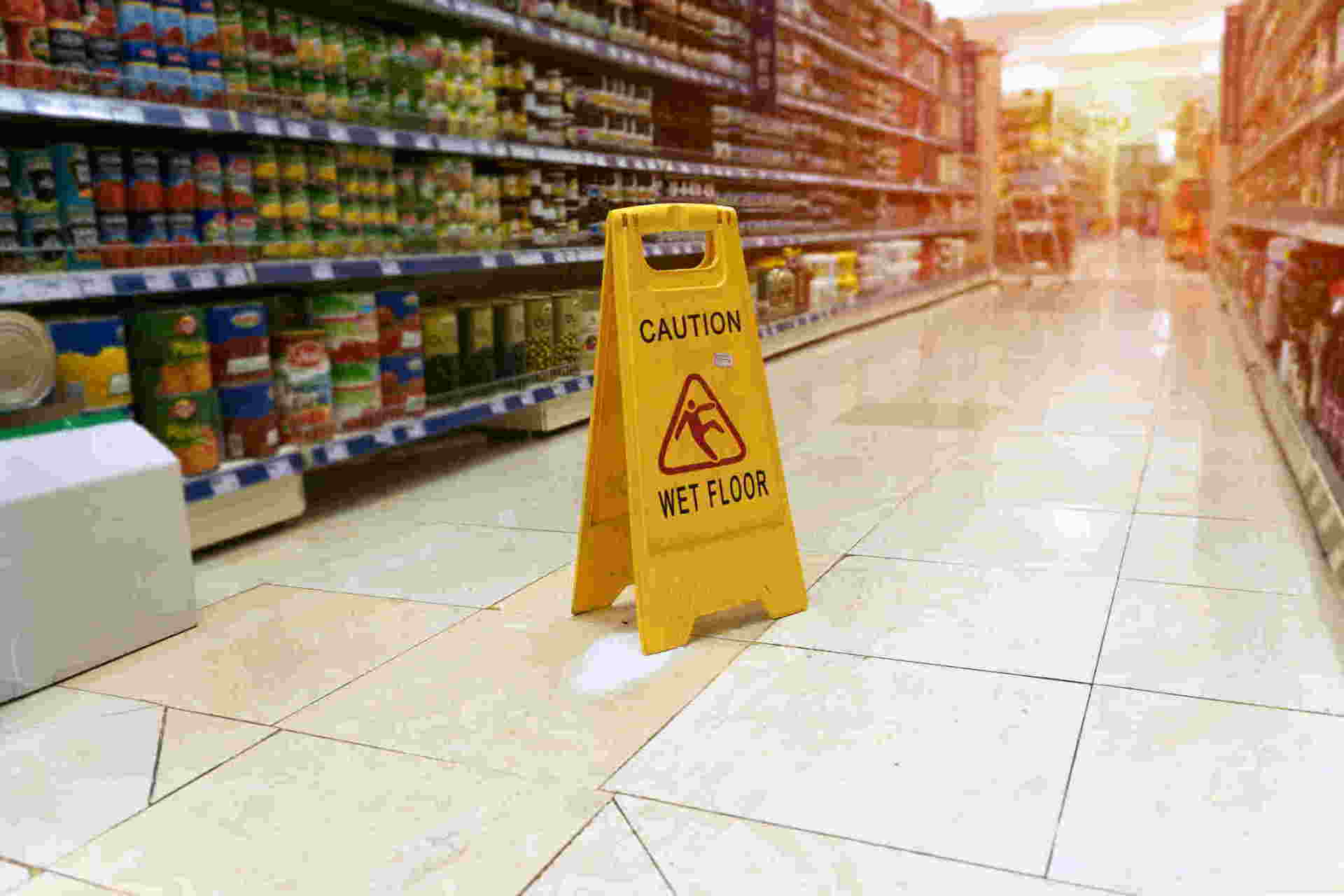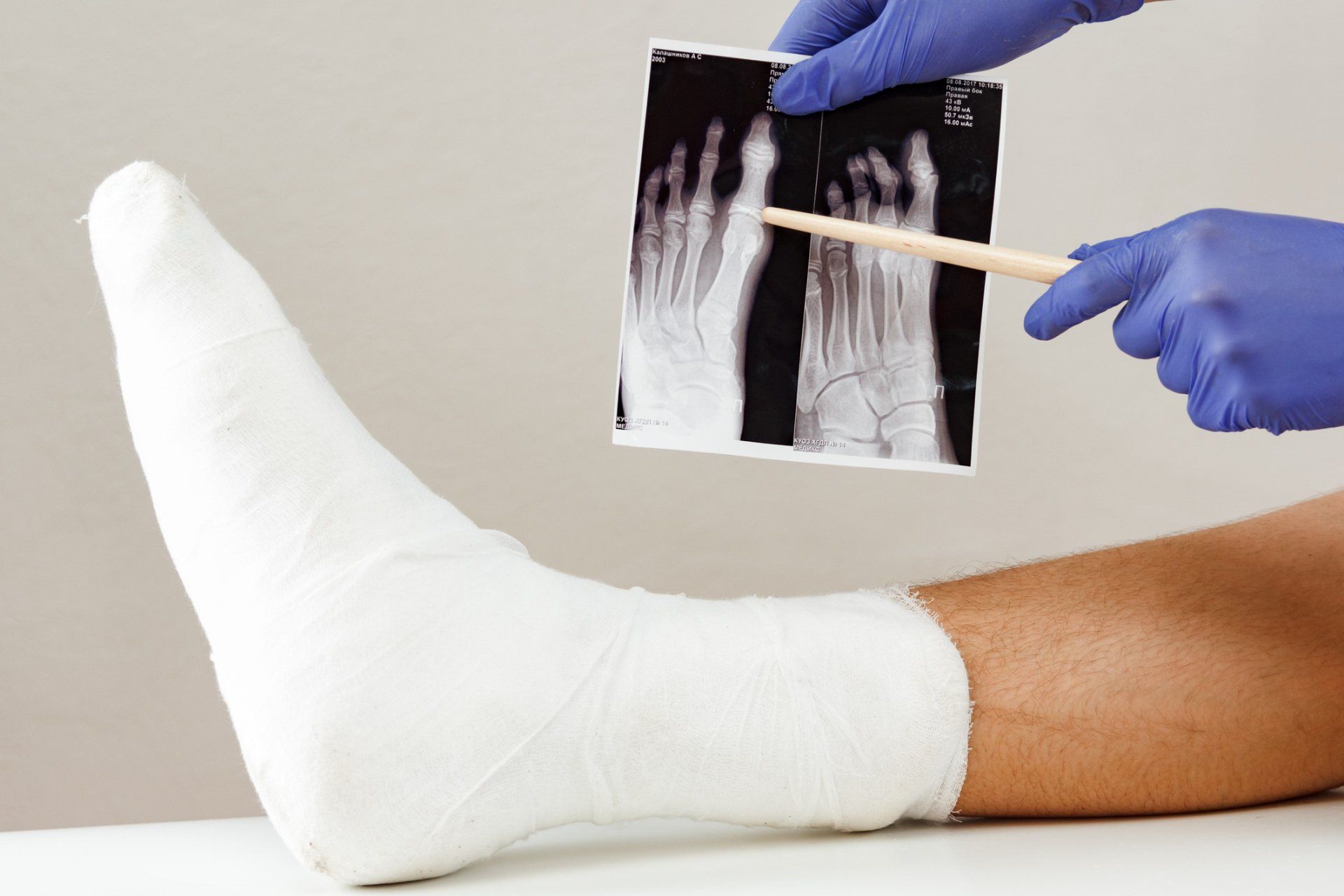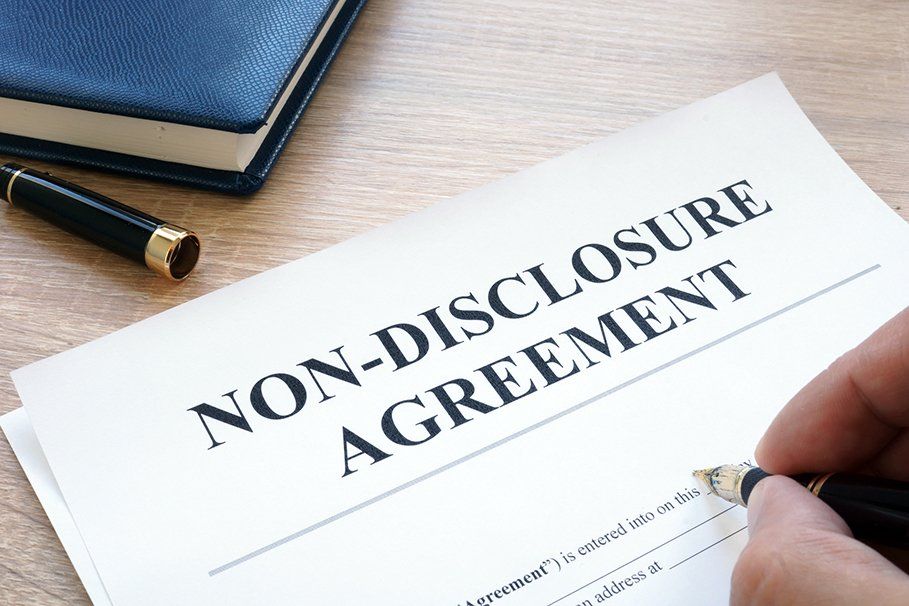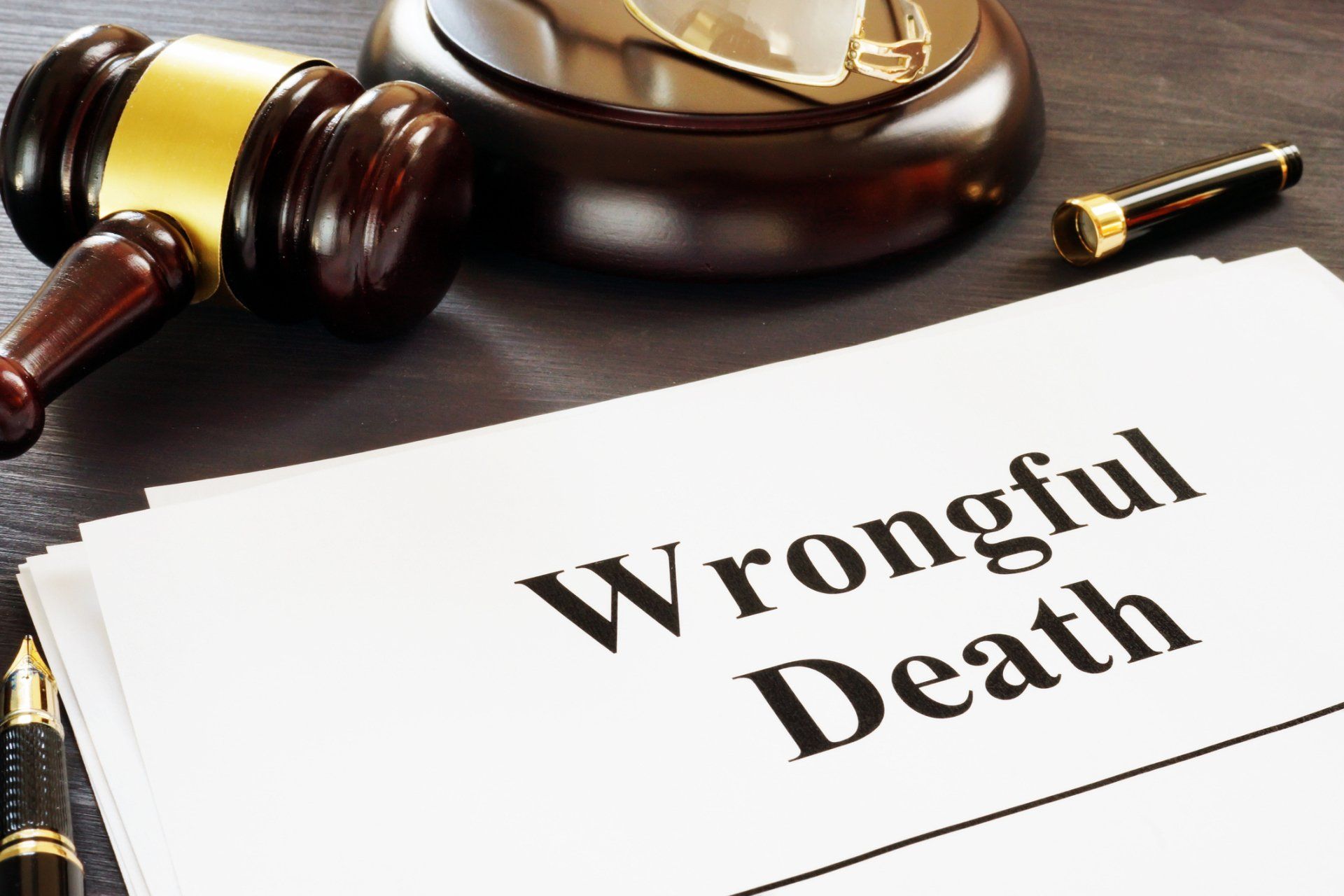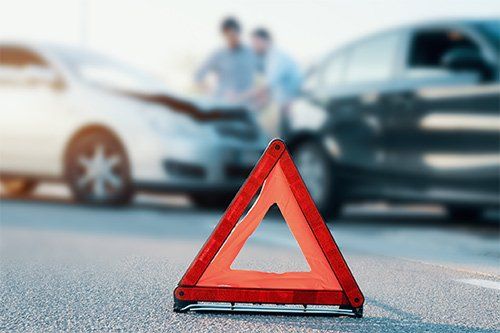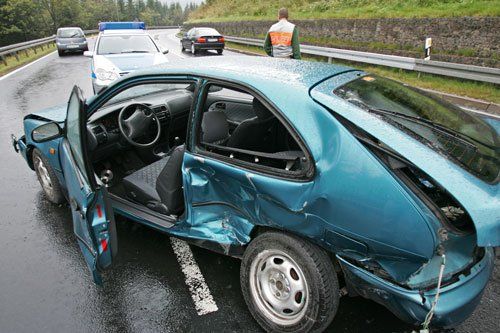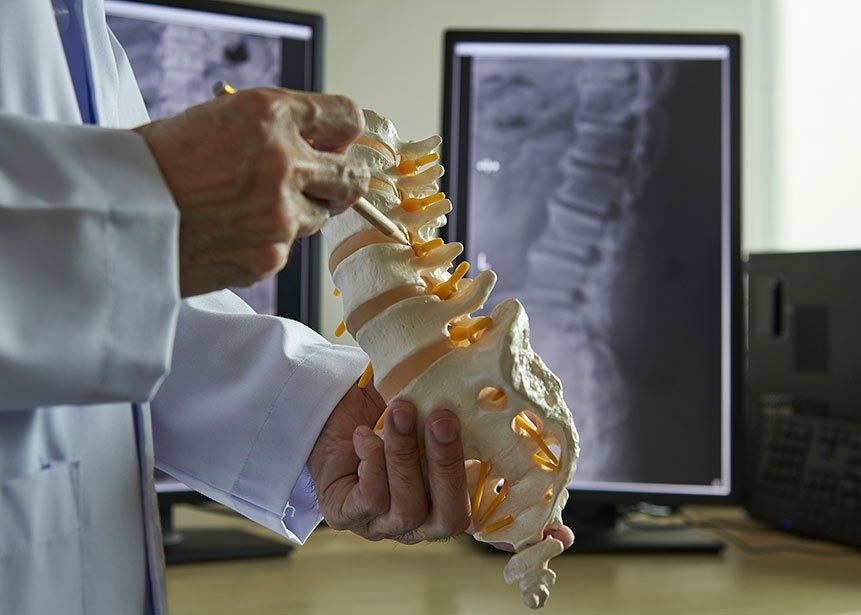If you think serious personal injuries only happen on the road or in dangerous places like amusement parks, think again. Many personal injuries occur at the places people often visit — for instance, at your local grocery store.
If you haven't considered the hidden dangers that can lurk in a grocery store, keep reading. We overview some of the most common personal injuries that occur in grocery stores and explain when and why you can hold the store responsible for your accident.
1. Slip and Fall Injuries
Slips and falls are some of the most common grocery store accidents because of the high potential for spills at a grocery store. A customer could send a pile of kiwis or tomatoes tumbling down, step on the soft fruits, and cause a slipping hazard that can cause injuries as serious as broken bones and concussions. Typically, you can hold the store liable for the accident if:
- Management failed to clean up the spill in a reasonable amount of time.
- Management failed to post signs warning customers about the spill.
- Management was notified of the spill but didn't take action to clean it up.
Slips and falls are also possible inside and outside of the store when it rains and customers track moisture indoors.
If the store failed to mop up the water, place mats and wet floor signs just inside the doors, or attend to any excessive pools of water directly in front of the store (especially water pooled in cracks or potholes the store should have repaired), you can likely hold them liable for the resulting injuries.
Grocery store employees spend a good portion of their day restocking shelves, when means that even during the store's regular hours, you'll often find aisles lined with empty boxes. Stores don't necessarily have to place signs warning customers of tripping hazards, but they do need to do their best to keep boxes and bulky items out of their customers' way.
If employees negligently place items in places where customers are likely to trip, or if the store doesn't have policies in place to protect customers from tripping, the store is likely responsible for your accident.
3. Equipment-Related Injuries
Some stores, especially big-box stores, frequently use heavy machinery to move boxes around on high shelves even while customers are in the store.
If an employee acted negligently while operating heavy equipment or wasn't properly trained to operate the equipment, you can likely sue the grocery store for injuries incurred. You can also sue for damages caused by improperly secured goods falling from high shelves.
In some cases, the equipment may have malfunctioned and caused your injury not because of the store's negligence but because of the equipment manufacturing company's improper servicing. In this case, you would hold the manufacturers liable, not the store.
4. Shopping Cart Injuries
You've likely seen signs in the parking lot indicating that the store isn't responsible for damage caused by shopping carts. However, inside the store, injuries caused by damaged or improperly maintained shopping carts are the store's responsibility.
The most common shopping cart–related injuries are lacerations, but bruises and broken bones can also result. Shopping cart injuries should be taken especially seriously when children are involved; malfunctioning, broken, or improperly maintained safety seats can cause serious injury.
No matter what type of injury you experienced at a grocery store, your chances of success in your personal injury lawsuit increase when you work with an experienced lawyer. If you're in the Beverly Hills area and need help with a grocery store injury suit,
schedule your free consultation with Richard D. Hoffman Law Offices today.

